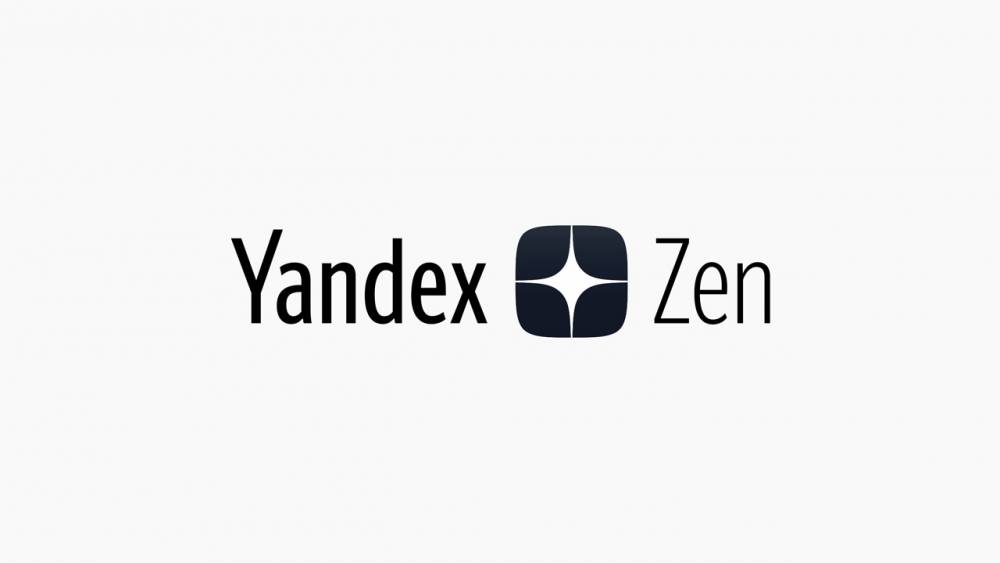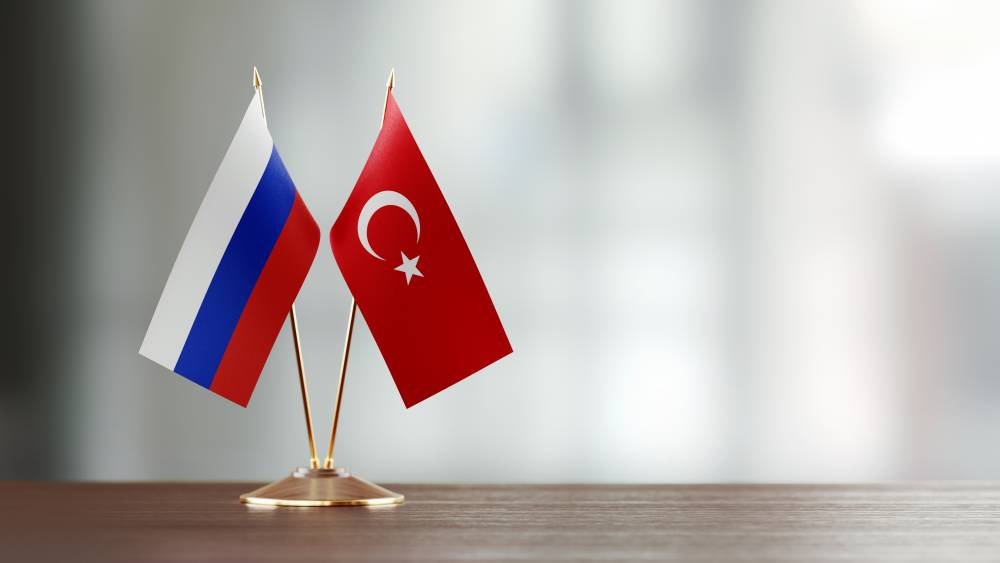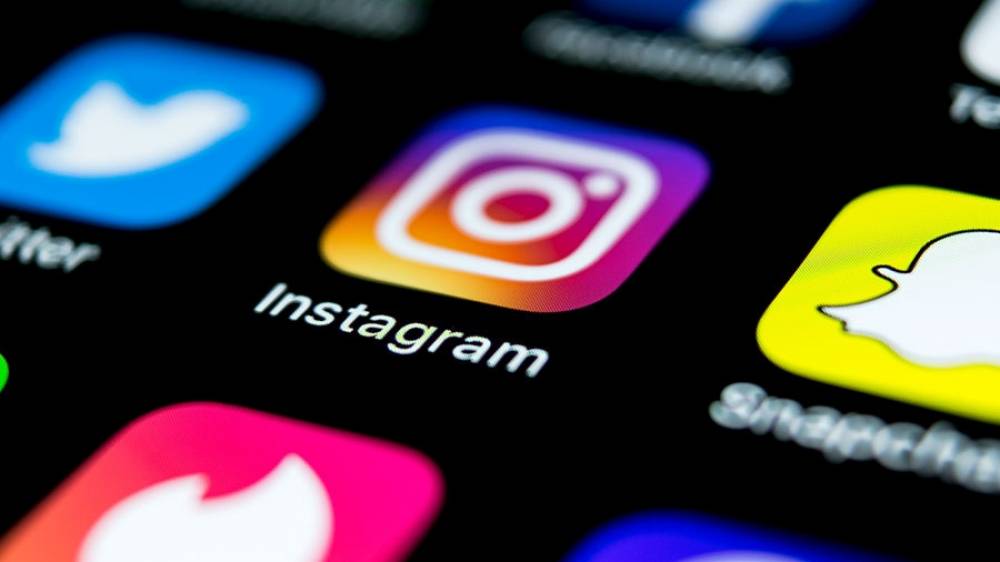1)Use social media to address your audience
Today, especially in times of crisis, social media is the first news source that many people refer to. People who want to be informed about last-minute developments or to comment on the developments are turning to social media channels. Institutions can also use social media to create campaigns that will benefit the society by following the instant developments in crisis environments and taking quick steps.
People expect to meet on a common ground with the institutions they interact with and that their own truths and the truths of the institutions coincide. In this context, the transparent sharing of donations and supports on social media accounts enables institutions to strengthen their prudent identities while setting an example for other brands.
Today, thanks to social media, crises that previously spread to a limited audience over a long period of time can now reach people all over the world instantly. In this context, the fact that institutions make their calls for support, aid campaigns and donations on a global scale puts institutions in a position of common sense by the society. Institutions should use social media channels effectively to make their voices heard globally.
2) Shift your focus to healing from disaster
In a crisis environment, institutions should put all kinds of pre-planned events, launches, press releases and interviews to a later date and direct their focus to benefit-oriented projects that will calm the crisis environment. In these times, it becomes very unimportant what kind of design the projects made are shared on social media. In times of crisis, the masses want to see critical aids to meet the needs in disaster areas instead of aesthetic designs.

3) Improve your ability to work with your competitors
In times of crisis, society expects institutions to act together and share their resources with rival institutions and produce projects that are more beneficial to society. In times of crisis, organizations must work towards a common goal with their competitors to create more useful value. Each institution has different strengths, and bringing these aspects together by an impartial and common mind enables overcoming the limitations of the support that institutions can provide on their own. In this context, institutions need to develop their ability to cooperate with their competitors.
4) Have your plan ready, don't be late to take action
In crisis environments, institutions need to actively use their social media accounts and react immediately to the developments. In times of crisis, many false news or false information can be spread about institutions. If institutions do not respond quickly to allegations, people begin to believe inaccurate or incomplete information they hear. Institutions can prevent claims made in a crisis environment by improving their immediate response skills.
5) Do not use unconfirmed information from official sources
Accurate information sharing is a very important issue in crisis environments. The more useful the correct information shared by institutions, the more negative effects can be caused by sharing false information. For this, institutions should confirm the accuracy of the information they share with their audience through official sources.
Institutions should plan in advance what kind of communication strategy they will follow in unexpected crisis environments such as natural disasters with the agencies they work with. In addition, institutions need to actively use social media and take quick action to prevent unfounded claims about themselves on social media. Another important point is to confirm the information shared on social media through official institutions and to avoid information that may mislead the audience. They can jointly prepare effective campaigns for crisis situations by improving the ability of institutions to cooperate with their competitors before the crisis environment.
08 March 2023 Wednesday tarihinde yayınlandı.
Sosyal Medyada Paylaş





